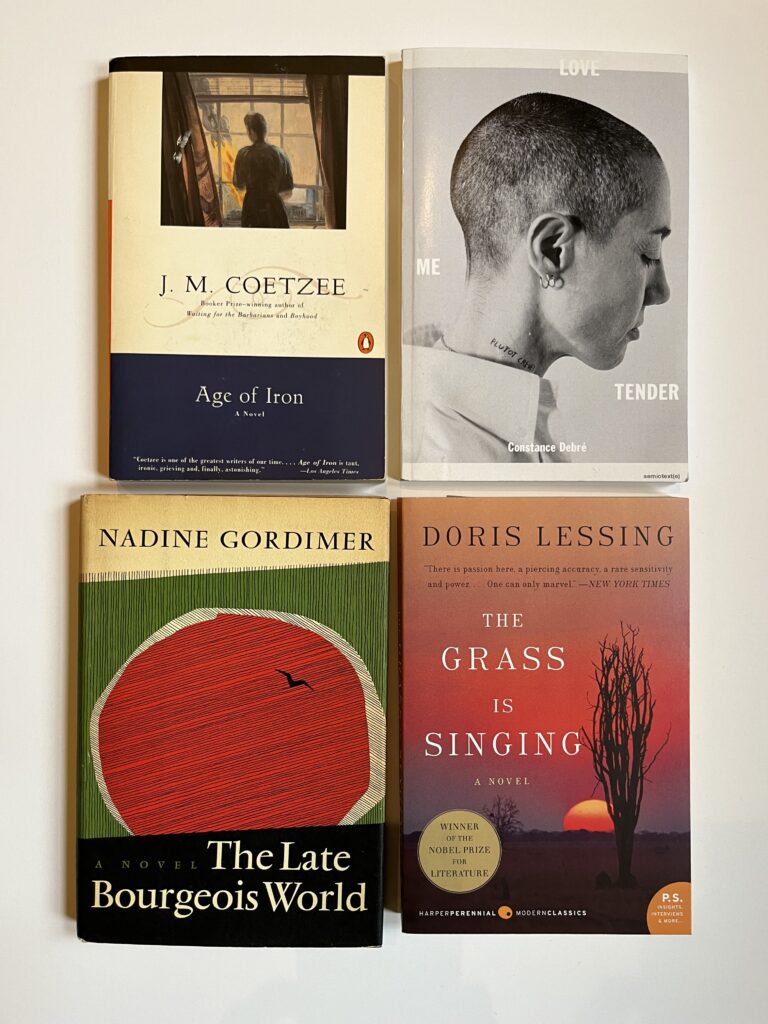Relentlessness: A Syllabus

Photograph by Sophie Haigney.
In our new Winter issue, Belinda McKeon interviewed Colm Tóibín, the author of ten novels, two books of short stories, and several collections of essays and journalism. “In the autumn of 2000,” he told her, “I taught a course at the New School called Relentlessness, and I chose to teach translations of some ancient Greek texts, and Joan Didion, James Baldwin, Ingmar Bergman, Sylvia Plath. The class was very useful because it gave me a bedrock of theory about what this sort of work was doing. … Once you have that certain authority, you can actually write a plainer prose.” We asked Tóibín for his syllabus from that class, along with a short introduction, as the first in a new series we are launching called Syllabi.
I am interested in texts that are pure voice or deal with difficult experience using a tone that does not offer relief or stop for comfort. Sometimes, the power in the text comes from powerlessness, whether personal or political. Sometimes, death is close or danger beckons or violence is threatened or enacted. Sometimes, there is a sense of real personal risk in the text’s revelations. Sometimes, there is little left to lose. All the time, the tone is incantatory or staccato or filled with melancholy recognitions.
Euripides, Medea
Sophocles, Electra
Sophocles, Antigone
Sylvia Plath, Ariel
Louise Glück, The Wild Iris
Anne Carson, Autobiography of Red
Juan Goytisolo, Forbidden Territory
Joan Didion, A Book of Common Prayer
Oscar Wilde, De Profundis
Nadine Gordimer, The Late Bourgeois World
Ingmar Bergman, Autumn Sonata
John McGahern, The Barracks
Béla Tarr and Ágnes Hranitzky, The Turin Horse
Doris Lessing, The Grass Is Singing
J. M. Coetzee, Age of Iron
Béla Bartók, Bluebeard’s Castle
Constance Debré, Love Me Tender
Colm Tóibín’s most recent book is The Magician.
Copyright
© The Paris Review
